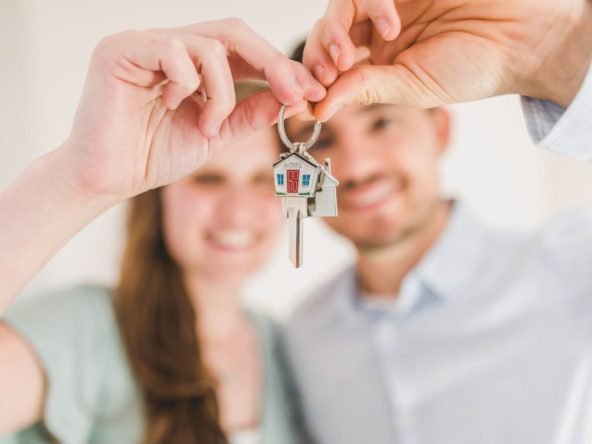Comprehensive Mortgage Guide for the UAE: Your Path to Homeownership
If you’re considering purchasing property in the United Arab Emirates (UAE), understanding the mortgage process is essential. This guide will walk you through everything you need to know to secure the best mortgage deal and navigate the UAE’s unique property market.
Why Buy Property in the UAE?
The UAE’s dynamic economy, tax-free income, and luxurious lifestyle make it an attractive destination for expats. Dubai and Abu Dhabi, in particular, offer world-class infrastructure and investment opportunities. While renting is popular, buying property in the UAE allows you to build equity, benefit from potential value appreciation, and secure long-term stability.
Costs of Buying Property
- Dubai: 2% transfer fee to the Dubai Land Department, 2% estate agent commission (shared by buyer and seller).
- Abu Dhabi: 2% transfer fee to the municipality, AED 5,000 developer fee (for new properties).
Who Can Get a Mortgage in the UAE?
Mortgages in the UAE are accessible to residents and expats, but specific criteria must be met:
Eligibility Criteria
- Employment: At least 6–12 months in your current job.
- Self-Employed Applicants: Minimum of two years in business.
- Employer Status: Banks prefer applicants working for government entities, multinational corporations, or established companies.
- Credit History: A clean credit history is essential. Consider building credit with a credit card if you lack credit history.
Income Requirements
Expats typically need higher income levels than locals to qualify. Additionally, banks cap borrowing at seven years of your anticipated income, and monthly mortgage payments cannot exceed 50% of your income.
Types of Mortgages in the UAE
- Fixed-Rate Mortgages: Lock in your rate for 1–5 years. Ideal for budget planning.
- Variable-Rate Mortgages: Rates fluctuate based on the market. Best for periods of declining interest rates.
Terms are generally up to 25 years, with repayment required before the borrower turns 70.
Mortgage Rates in the UAE
Mortgage rates vary based on the lender, property type, and applicant profile. As of 2024, rates typically range from:
- 3.5% for 1-year fixed rates
- 4.0% for 3-year fixed rates
- 4.5% for 5-year fixed rates
How Much Can You Borrow?
Deposit Requirements
- Residential Properties: 25% for properties up to AED 5 million, 35% for properties above AED 5 million.
- Buy-to-Let Mortgages: 40–50% down payment.
How to Apply for a Mortgage in the UAE
Follow these steps to streamline your mortgage application:
- Research and Compare Options: Use comparison websites or consult with mortgage brokers.
- Obtain Pre-Approval: Pre-approval gives you a clear budget and strengthens your position as a buyer.
- Submit Your Application: Provide necessary documentation to your lender.
- Property Valuation: The bank conducts a valuation to confirm the property’s worth.
- Final Approval and Transfer: Once approved, sign the mortgage agreement, pay the deposit, and finalize the property transfer.
Documents Required
- Passport copy
- UAE residency proof
- Address proof
- Salary certificate or tax returns (self-employed)
- Bank statements (6–12 months)
Mortgage Costs to Consider
- Registration Fee: 0.25% of the mortgage amount.
- Valuation Fee: Charged by lenders.
- Insurance: Buildings insurance is mandatory; contents insurance is optional but recommended.
Refinancing Your Mortgage
The UAE’s competitive mortgage market offers opportunities to refinance. Banks may offer lower rates to attract existing borrowers. Switching lenders involves a fee of 1% of the balance (capped at AED 10,000).
Secure Your Dream Home with CBA Real Estate
At CBA Real Estate, we guide clients through the entire mortgage process, ensuring a seamless and stress-free experience. Whether you’re buying your first home or expanding your investment portfolio, our experts are here to help.
Ready to take the next step? Contact us today and let’s turn your property dreams into reality.



